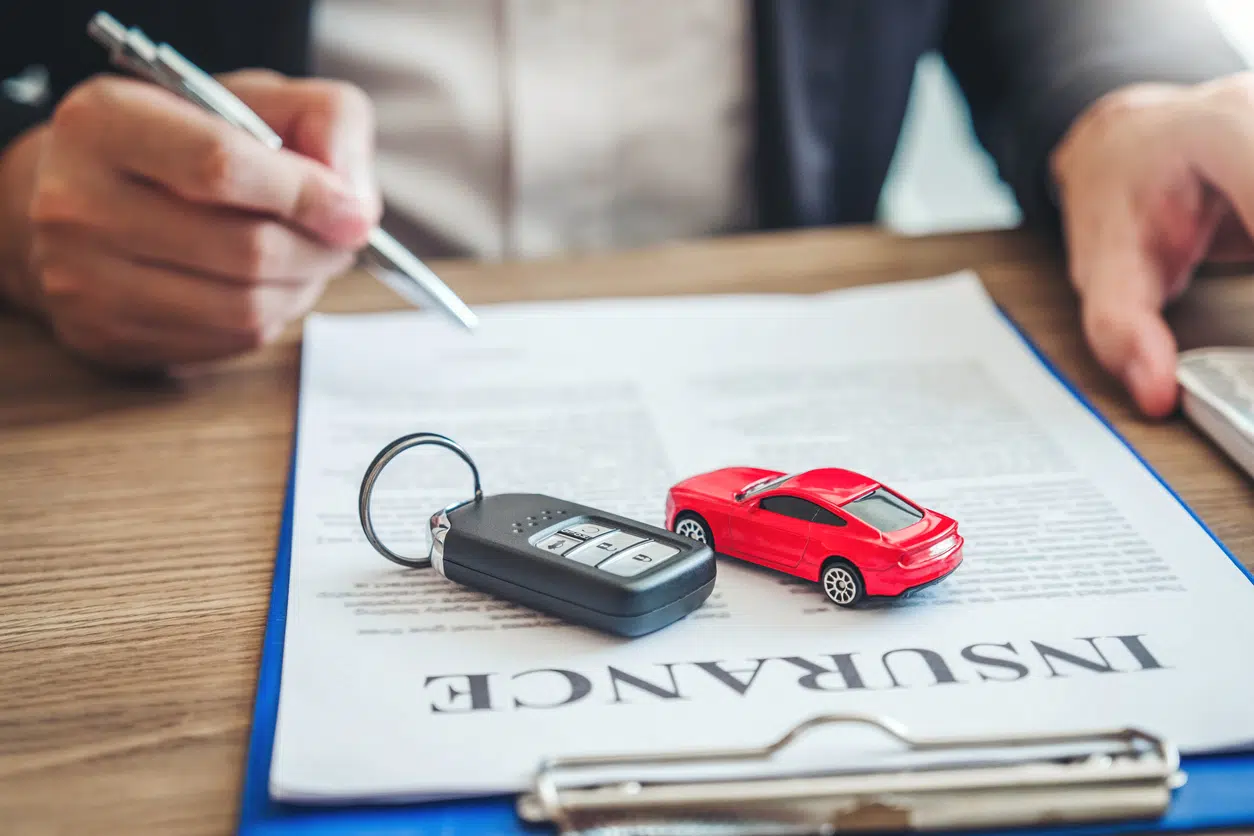Alejandro Figueroa | February 23, 2022 | Car Accidents

After a car accident, Florida law requires drivers to exchange information. But your injuries might not allow you to get that information.
This information can be critically important. You will likely need this information to file an insurance claim to cover your medical expenses.
Here are some tips on how to find out whether someone has car insurance in Tampa, FL.
When Do You Need Someone Else’s Car Insurance Information?
Florida uses a no-fault system of car insurance. This means your first — and sometimes only — source of compensation after a car accident will come from your auto insurer.
Everyone in Florida must buy personal injury protection (PIP) coverage within their auto insurance policy. You can claim benefits under this coverage anytime you get injured in an accident, regardless of fault.
Florida restricts your right to sue the at-fault driver after an accident. The state wants you to rely on your PIP benefits to cover your medical expenses and lost income.
But if you suffer a serious injury or your losses exceed your PIP coverage, Florida allows you to pursue compensation from the at-fault driver. For most drivers, this means you will file a claim against their liability insurance policy. To do this, you need to know the at-fault driver’s insurance carrier and policy number.
3 Ways to Find Out If Someone Has Car Insurance
Florida law indirectly requires drivers to disclose their car insurance information after an accident.
Under Florida law, you must provide the other driver with your:
- Name
- Address
- Registration number
- Driver’s license
In most situations, you will also show the other driver your insurance card. But an accident can injure and disorient you. You might not think to ask the other driver for their insurance card or the other driver might not offer it.
Three ways you can find out whether the other driver has car insurance include:
1. Ask the Responding Officers
Florida law requires you to report an accident to the police if the accident causes:
- Death
- Injury
- Damage of at least $500
When the responding officers arrive, they will investigate the crash. They will also manage the accident scene.
Florida law requires police officers to instruct the drivers to exchange information, including:
- Vehicle owner’s name and address
- Vehicle license number
- Name of the vehicle’s insurer
If you have trouble getting the other driver’s insurance information or want to avoid confrontation, ask the police officer for help. The officer can instruct the driver to give you the information or get the information for you.
2. Get It from the Police Accident Report
Florida police officers must prepare and file a crash report for every accident that kills or injures a person or disables a vehicle. This crash report identifies the vehicles and people involved in the accident and describes what happened.
The crash report can provide critical information about the accident if you need to file an insurance claim or lawsuit, including:
- A list of citations and criminal charges resulting from the accident
- Names and addresses of witnesses who saw the accident
- Each driver’s insurance information
You can get a copy of your crash report using the Florida Crash Portal.
3. File an Insurance Request Form
Suppose you did not get the insurance information at the accident scene, and it does not appear in the crash report. In that case, you can request it directly from the Florida Department of Highway Safety and Motor Vehicles (FLHSMV).
FLHSMV only discloses car insurance information to:
- People involved in the crash
- Lawyers for people in the crash
- Insurers for people or vehicles in the crash
Anyone in these categories can file an Insurance Request Form with FLHSMV to get a driver’s insurance information.
Using the Insurance Information
Your injury lawyer can use the insurance information to file a compensation claim. This claim should cover any economic losses that your PIP benefits failed to cover and your non-economic losses like pain and suffering. You will be entitled to greater compensation in a claim against the at-fault driver.
Contact Our Car Accident Law Firm in Tampa, FL
If you’ve been injured in an accident in Tampa, FL, and need legal help, contact our Tampa car accident lawyers at Catania & Catania Injury Lawyers to schedule a free consultation.
Catania & Catania Injury Lawyers
Bank of America Plaza
101 E Kennedy Blvd #2400
Tampa, FL 33602
(813) 222-8656
We also provide legal assistance throughout the Tampa Bay Area including Clearwater, St. Petersburg, Sarasota, and Bradenton.

